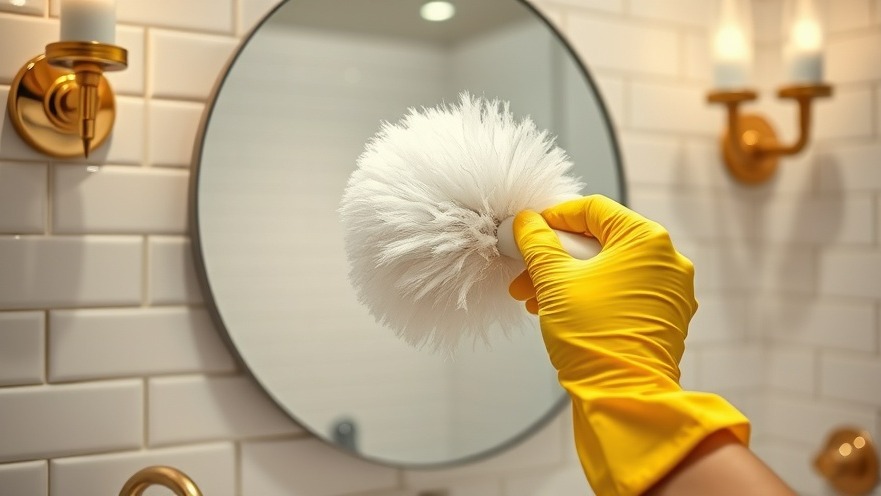
Understanding the Basics: What Is a Gene?
A gene is the basic physical and functional unit of heredity in humans and all living organisms. Each gene is made up of DNA, which contains blueprints for producing proteins necessary for bodily functions. Interestingly, some genes don't code for proteins but instead play a crucial role in regulating other genes. The richness of genetic information is captured in the intricate sequence of DNA base pairs, which can range from a few hundred to over 2 million base pairs within different genes.
Relevance of the Human Genome Project
Between 1990 and 2003, the ambitious Human Genome Project sought to decode all the DNA in humans, yielding promising insights into our genetic makeup. This monumental effort estimated that humans possess between 20,000 to 25,000 genes, shedding light on how proteins are made within our cells. More recent studies suggest that about 19,900 genes actively contribute to protein production. This foundational knowledge is essential for personalized medicine and has remarkable implications for wellness practices in medical settings, especially for concierge medical practice owners.
Genes: The Building Blocks of Individuality
While most genes are consistent across the human population, less than 1% differ among individuals. These variations, known as alleles, contribute to the unique traits we observe in each person. Understanding these genetic differences enhances the patient experience, allowing medical professionals to tailor their approaches to individual needs. In a concierge medical practice, acknowledging genetic diversity can improve communication with patients, leading to better health outcomes and client satisfaction.
Practical Applications in Concierge Medicine
For healthcare providers and concierge medical practice owners, comprehending the significance of genes extends beyond scientific curiosity; it directly influences how they care for patients. Knowledge of genetic predispositions can help practitioners provide customized wellness strategies, whether dealing with nutrition consultations, mental health assessments, or preventative care plans. This approach not only enhances patient relationships but can also bolster a practice’s reputation as a leader in personalized healthcare.
Emphasizing Empathy and Communication
Linda Nguyen, a clinical psychologist specializing in health communication, emphasizes that the ability to convey complex genetic information empathetically is crucial for patient engagement. Many individuals may not understand genetic concepts, and providers must bridge that gap. By explaining genetic information in a relatable way, concierge practice owners can empower patients to make informed decisions about their health and wellness.
The Bottom Line: Growing Your Practice through Genetic Literacy
Understanding genes and their impacts on health can be pivotal for concierge medical practices aiming for growth in a competitive market. Fostering genetic literacy among staff and through patient interactions can enhance service quality and patient satisfaction. Ultimately, a focus on genetics can lead to personalized care, which is more than just a trend—it’s a cornerstone to ensuring comprehensive wellness in today’s healthcare landscape.
 Add Row
Add Row  Add
Add 




Write A Comment